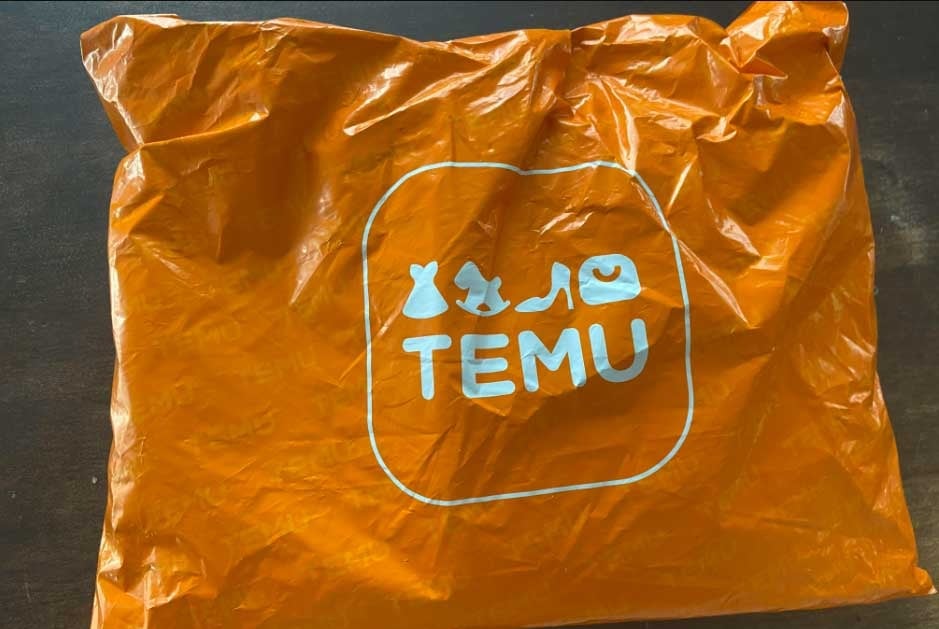Temu Shifts Strategy as U.S. Closes Tax Loophole on Chinese Imports
Temu will now rely on local U.S.-based sellers to fulfill orders, as the U.S. ends a tax exemption that allowed duty-free imports under $800. The move aligns with growing scrutiny on Chinese e-commerce giants amid rising trade tensions and concerns over illegal goods.
BUSINESS
BBC
5/3/20252 min read


Temu, the popular Chinese e-commerce platform, has announced it will no longer sell goods directly from China to customers in the United States. Instead, it will rely on locally based U.S. sellers to handle sales and fulfill orders from within the country.
The decision comes in response to the closure of the U.S. “de minimis” rule—a duty-free exemption for imported packages valued under $800. Temu, along with rival Shein, had heavily relied on this loophole to offer ultra-cheap goods to American consumers without incurring customs duties or taxes.
Temu stated that it had been actively recruiting U.S. businesses to join its marketplace. “All sales in the U.S. are now handled by locally based sellers,” the company said. “This move is designed to help local merchants reach more customers and grow their businesses.”
The de minimis rule, originally enacted in 1938 to save on administrative costs, allowed low-value imports to bypass tariffs. Over 90% of all U.S.-bound cargo fell under this category, which enabled platforms like Temu and Shein to dominate with aggressive pricing strategies.
However, both the Trump and Biden administrations criticized the loophole, claiming it hurt American businesses and enabled the smuggling of illegal goods, particularly synthetic opioids like fentanyl. In February, former President Trump briefly suspended the rule. Although that initial pause was lifted, a new executive order has now reinstated the ban, citing national security and drug enforcement concerns.
The order highlighted that low-value packages were being exploited to hide illicit substances, stating, “These drugs kill tens of thousands of Americans each year, including 75,000 deaths per year attributed to fentanyl alone.”
As a result of the policy change, packages from China and Hong Kong valued up to $800 now face a 120% tax or a flat fee, starting at $100 and rising to $200 in June.
Temu and Shein had already warned consumers last month about potential price hikes due to “recent changes in global trade rules and tariffs.”
Industry groups estimate that eliminating the de minimis exemption could cost U.S. consumers between $8 billion and $30 billion annually.
Similar regulatory actions are being considered abroad. The UK is reviewing its own low-value import policy, which currently allows tax-free imports under £135. The EU has also proposed ending its €150 duty-free threshold.
Critics of the U.S. policy shift argue that it will do little to prevent drug trafficking, since most opioids enter via the southern border. They also warn of added strain on U.S. customs resources.
The National Foreign Trade Council cautioned that the new rules could divert attention from where most illicit goods actually enter the country, stating: “CBP would need to hire and train new personnel, costing the agency millions or causing them to move agents from the already overburdened southern border.”
As U.S.-China trade tensions rise, consumers may soon feel the pinch in their online shopping carts, both from higher prices and reduced access to previously cheap international goods.
© 2026. Ke Press Global. A Ke Harbor Company. All rights reserved.
FOLLOW KE PRESS GLOBAL ON :
Contact us


